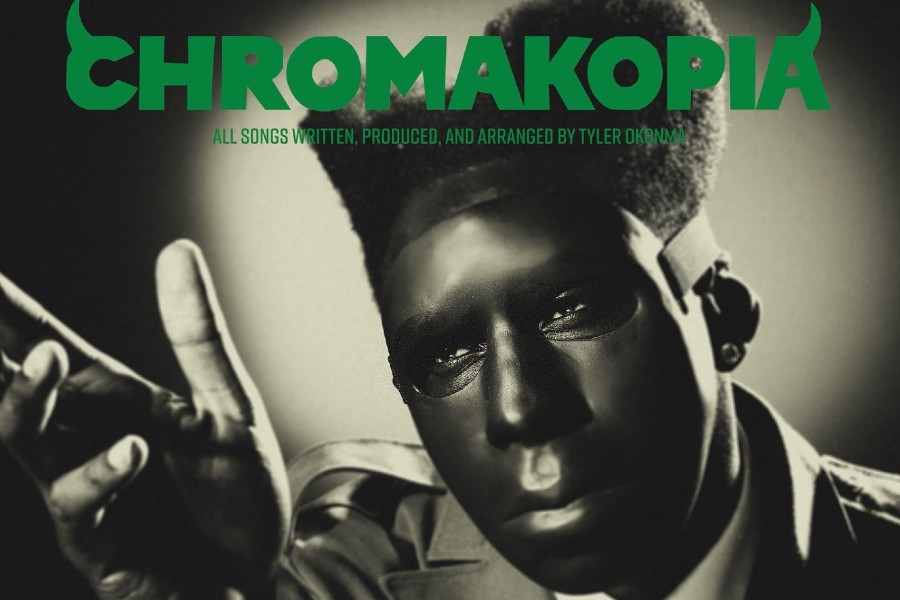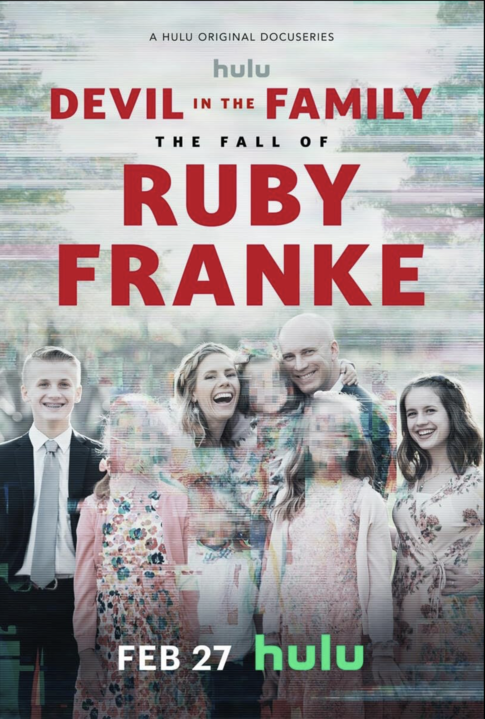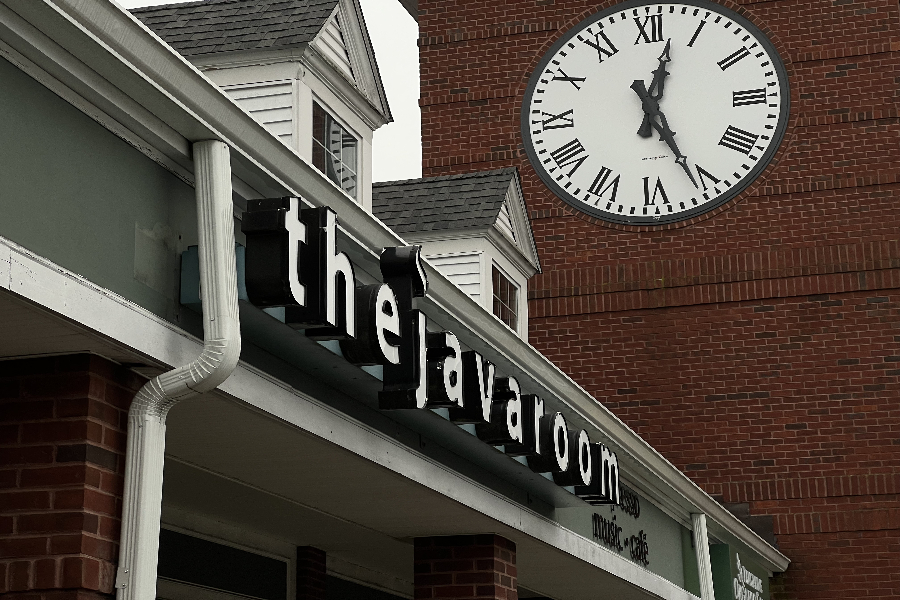
Multi-platinum folk-pop band The Lumineers released their fifth studio album, Automatic on Feb. 14, 2025. The album enlisted the help of producers Simone Felice and David Baran, the same duo that worked on the band’s last album, Brightside, which was released on Jan 14, 2022. Keeping with the usual themes of folk-pop music, this album feels very similar to the previous releases of The Lumineers,’ especially Brightside, which made the listening experience even more engaging for recurring listeners and fans such as myself.
While the artists have not made any public comments on the intentions and messages of the album, many interpretations have come up across internet platforms, the most plausible of which I think is that the album is a reflection of childhood mistakes. The first two songs “A**hole,” and “Same Old Song” have an especially nostalgic feeling, with the lyrics focusing on teenage life and its faults, like partying and relationships. Other songs also tend to focus more on societal issues.
“Same Old Song” was released as the leading single of the album, with a music video produced alongside it. The song tells the story of teenagers who party hard and get into trouble in order to escape the “same old song” or, in other words, the boring repetition of life. With very well thought out lyrics, this song does a good job of setting the tone for the rest of the album, but the style definitely deviates from some of The Lumineers’ most popular songs, such as “Ophelia,” “Cleopatra,” and “Gloria,” with more of a dip into pop music stylings.
Another precedent set by this song is the use of different types of vocal distortion, giving the melodies each a distinct feeling. The technique is used with “Same Old Song” in particular to make it sound almost as if it’s being performed live, through a conventional, non-studio microphone. Along with The Lumineers’ common technique of vocal layering as opposed to harsh auto tune and vocal correction, the voice ends up feeling more naturally produced.
The third and the tenth tracks of the album are also significant as they were the only two songs in this album that were produced without supporting lyrics. While for some fans, this made more a more contemporary and interpretive listen, these two songs were my least favorite out of the entire album because it is the vocals of The Lumineers that gives them their iconic sound in my opinion.
“Automatic,” the fourth song of the album, is another one of my least favorite songs on the track list. There are a lot less lyrics to digest in this song with the bulk of the creativity being aimed at the beginning. Although the song starts rather catchy, once the intro is over, the chorus gets very repetitive, featuring some high pitched singing. This was off-putting for me while listening to it for the first time, even though it is not uncommon for The Lumineers to explore different vocal ranges through their songs. I just feel as if it wasn’t done properly in this case. Overall, I wonder why this song was chosen to be the titular song of the album as the lyrics do not even get the chance to delve into the real importance of the album, or come to a conclusion on any of the important themes. This feeling was extended by “You’re All I Got” which featured similarly structured, high pitched, and increasingly repetitive verses, especially towards the end of the song.
Listening to the album in order, “Plasticine,” the sixth song, revived my interest. With seemingly less repetition, partially due to its short and sweet run time, and a catchy chorus with creative touches added throughout the song, this tune was much more appealing to me. That said, out of context, this song is nothing above par for The Lumineers. “Plasticine” deliberates on the social element of fitting in. The singer compares his character to plasticine, a malleable substance, which can be bent into any shape one needs. Symbolic of creating a fake personality, which the character that is being created in the song feels as if he needs to create in order to fit in.
“Ativan” carried on my positive opinions from “Plasticine,” with another enjoyable chorus despite its low-key feel and slow tempo. A reflection of its name, “Ativan” is a carefree and relaxing listen similar to the calming effects of the Ativan drug, used to reduce the effects of anxiety.
“Keys On The Table,” similar to “You’re All I Got,” repeats the phrase “you’re all I got,” which I thought was an interesting choice. That said, I feel like this song was more audibly appealing mostly because I felt the supporting instruments and bridge verses were used more effectively. The more high pitched singing matched better with its musical counterparts in this song, more so than any other using the same technique in this album.
“Better Day” and “So Long,” the ninth and eleventh songs of the album respectively, were both above average songs for the album and each one brought in more surface level, and more easily deducible, elements of the main themes of the album. “Better Day” focuses on movements and protests being made by younger generations in dreams of better days, and “So Long” closes off the album by looping back to the nostalgic feelings of the first couple songs of the album, also staying true to its name with the run time being the longest at around five minutes.
Although not my favorite release from The Lumineers, they have proved their ability to stand the test of time with this album. Some of my favorite songs from it being “A**hole,” “Plasticine,” and “Ativan.”
If you like Brightside, this album is most likely also for you. In fact, Automatic is higher in my personal ranking. Similar albums from other artists are Let’s Be Still by The Head and the Heart, and more famously, Stick Season by Noah Kahan, although Stick Season is slightly more upbeat.
6/10













